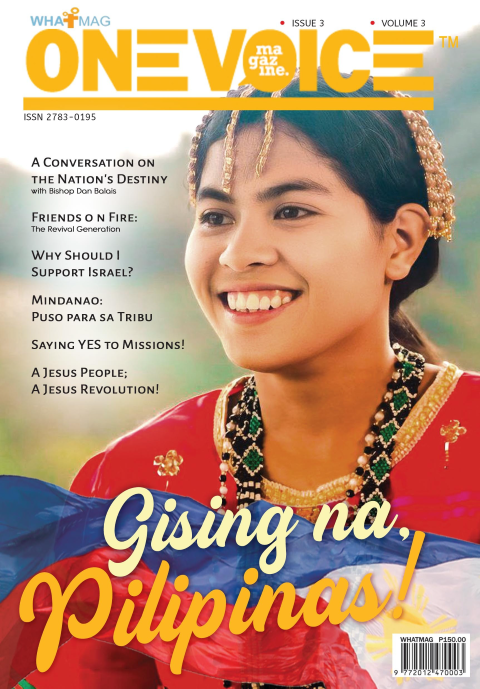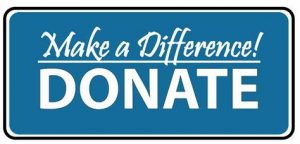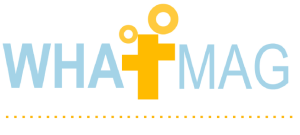“Surprised” does not even begin to describe how we all must have felt when we heard the news of the mandatory lockdown that happened in each of our communities on account of the COVID-19 pandemic. The huge shift required us to rethink our priorities and to restructure the way we conduct our business – including the way we teach.
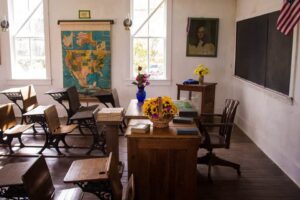
While the concept of distance education is not new, it is something that has somehow been kept hidden under a rock throughout the years that it has been in existence. Safe to say, it is the “hermit crab” in an entire cast of Dungeness crabs. (Yes, the latter is the one we commonly find at the table.) Distance education began in the 1800s in order to address inequitable practices observed in traditional classrooms both in Europe and the United States. People back then initiated the use of correspondence (also now known as “snail mail”), phonograph, and radio broadcasts for education. Television was also used later on as a tool for reaching people in remote areas, especially those who were unable to gain access to a traditional classroom.
The same movement came to the Philippines in 1952 with the creation of what is called the Farmers’ School-on-the-Air (FSA) in Iloilo. The University of the Philippines – Los Baños (UPLB) thereafter took up this format using its radio station, DZLB, thereby solidifying the first of an identified four generations of distance education in the Philippines. Across these generations, different platforms were identified – the latest of which is electronic learning (eLearning) – for purposes of creating open access to opportunities that are flexible and lifelong.
Despite the length of time that has transpired in the development and growth of distance education, the traditional mode is still recognized as the most “palatable” of all methods in delivering instructional content worldwide. Undoubtedly, it is the easiest way to teach but does this necessarily equate to it being the best way to learn? It all boils down to mindset. Three words to anchor our mindset to are: open, flexible, and lifelong.
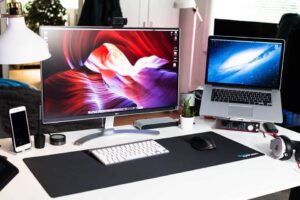
First: OPEN. As a society, we need to let go of the mindset that, “Distance learning is not for everyone.” Of course, it is for everyone! While the kind of technology that we have in our homes may not match the modern platform of internet-based learning, it does not necessarily mean that we can no longer participate in distance learning. Remember that distance learning was borne out of the need to make education open and flexible. In other words, it decidedly uses various available resources such as print, radio / television broadcast, mail / parcel, and other media in order to ensure that content is equitably accessed by all. From this notion, openness and transparency between teachers and learners must then be maintained – where circumstances and needs are clearly and consistently communicated, as well as considered, by all concerned parties.
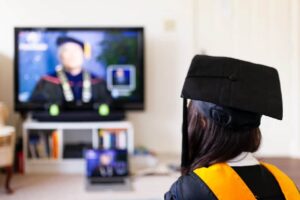
Second: FLEXIBLE. The definition of the word “teacher” would need to be unshackled from “formal education.” Here, we are to keep in mind that “learning” happens anytime and anywhere, every time and everywhere we are! There are three ways wherein we learn: formally, non-formally and informally. Formal learning happens within the framework of “schooling” where we avail of a program offered by any institution that is legally permitted by the government to grant titles and degrees. Non-formal learning happens when we seek the help of a professional who can teach or mentor us in areas that prove to be our “waterloo.” Informal learning happens when we spend time with our family and friends, and acquire skills merely through engaging in our daily grind. Essentially, therefore, there are no set boundaries as to where and with whom it is that we learn. So feel free to explore; and feel free to ask the people around you! Anyone and everyone could be your “teacher” for as long as you are perfectly discerning about the attributes you are looking for in a “good mentor.” While the teacher in school may provide you with a focused direction on what you need to learn in order to obtain a title or degree, you can flexibly choose whichever resource person can enrich your learning experiences.
Third: LIFELONG. Because learning essentially has no boundaries, then it is also ageless and timeless. Because we are teachers or parents, it does not mean that we are past the point of learning something new. One of the foundations of professional expertise is the understanding that there is a season to sow just as well as there is a season to reap. If we do not sow, there is nothing to reap. If we do not reap, there also is nothing to sow. Learning and teaching are cyclical processes. Throughout history, pandemics are always known as seasons that test the teachability of entire populations – young and old. Those who stick to the mindset that “we cannot teach old dogs new tricks” would find themselves quite in a sticky spot. What ensures our greater survival is how we embrace learning as a lifelong process.
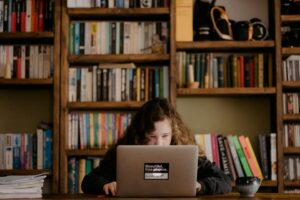
Change always brings a certain level of challenge. While we can easily look for something that would formulaically tell us what the best set-up is, what the perfect gadgets or tools are, or what coping strategies we could best employ especially at a time like this, the best advice that we could receive is to work on realigning what is within so that we would have enough foundation to build our attitudes and behaviors upon. Over and above coping with the shift towards distance learning, the entire basis of our ability to get through this pandemic would rely on our ability to be open to an entire range of possibilities; our willingness to be flexible about where, with whom and how we learn; and our persistence in adopting a vision not only for what is now but, more so, for what is lifelong.
Reforming our mindset is key.
*First published on July 21, 2020.
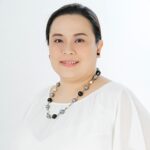
Jean Christine Vela
Jean Christine Vela is a lifelong learner. She graduated BS Speech Pathology at the University of the Philippines – Manila, thereafter working as a pediatric therapist, a lecturer, and clinical supervisor. She recently graduated with a Diploma in Language and Literacy Education at the University of the Philippines – Open University, with highest honors; and is currently taking up her Master’s Degree in the same track and at the same university. She loves reading books, writing poetry, drawing, watercolor painting, and playing the keyboard and drums in the service of the Lord.



